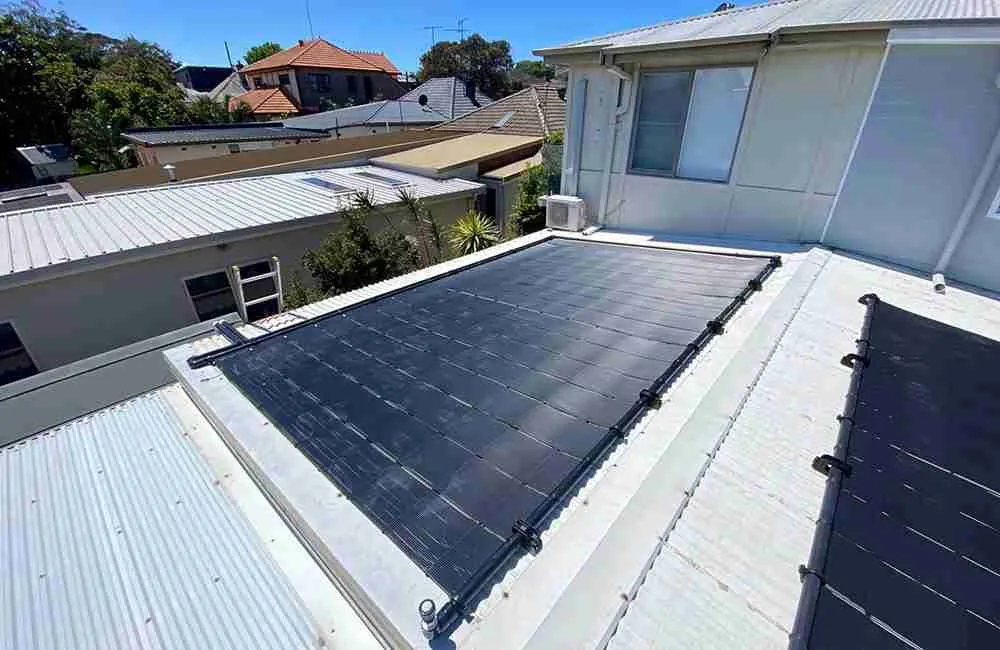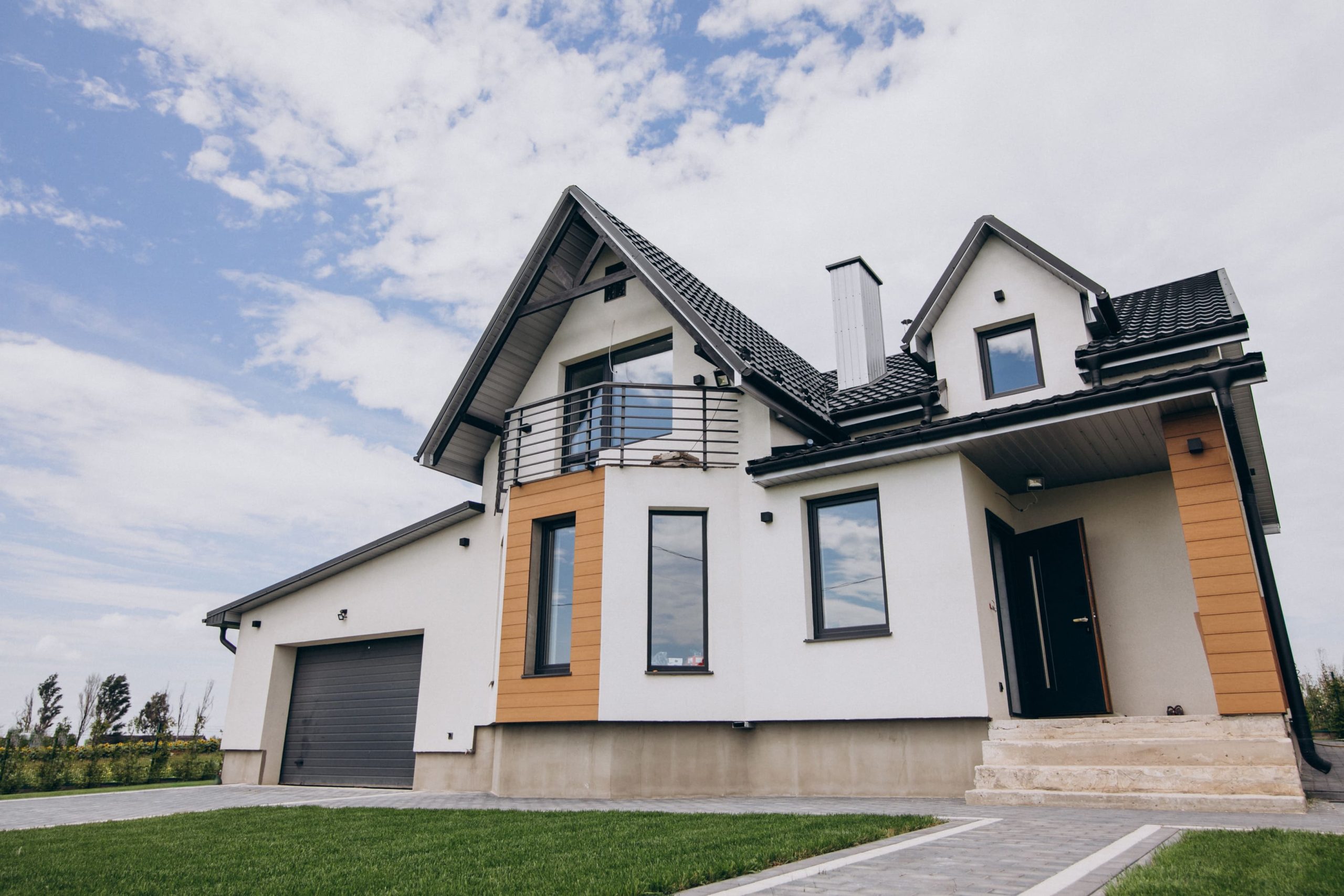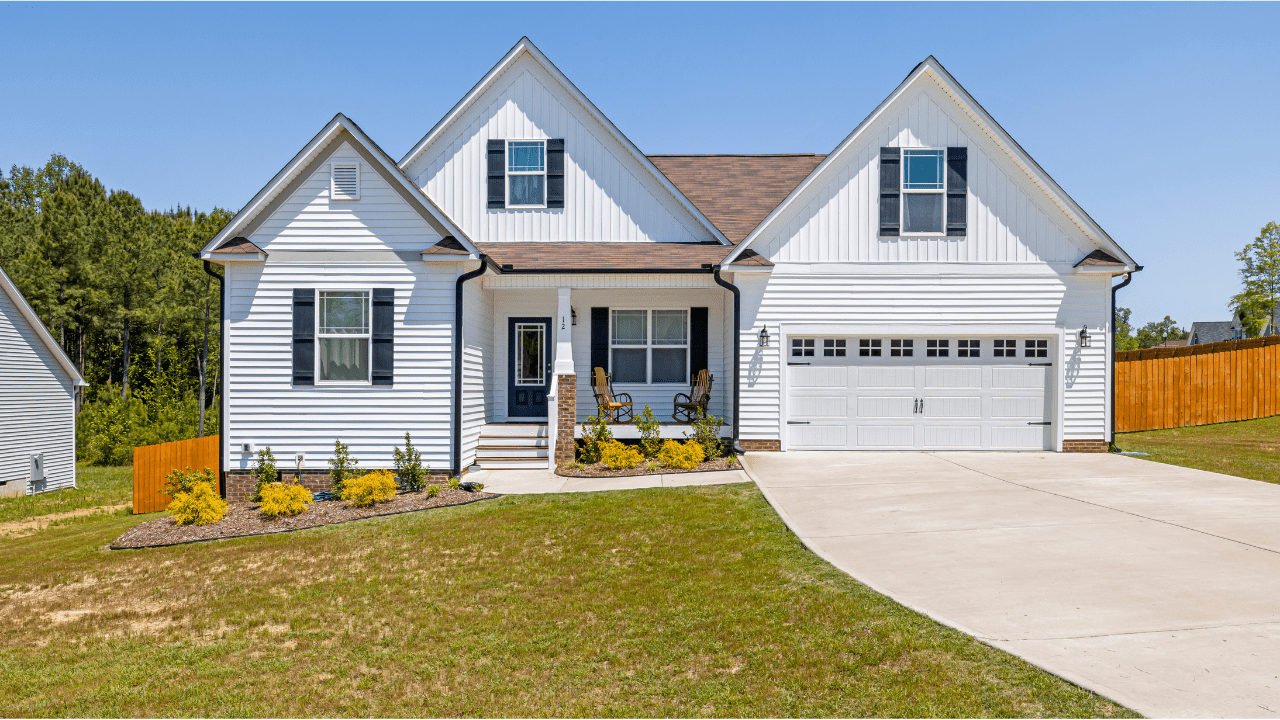Swimming pools are a cherished addition to many homes, especially in the sun-kissed city of Sydney. Their sparkling waters provide a cool respite during the city’s warm summer days. However, as the season’s transitions and the temperatures drop, swimming in the pool can become less appealing.
This is where pool heating solutions enter the picture, providing year-round enjoyment for Sydney residents. If you’re a pool owner in Sydney, exploring various pool heating solutions Sydney can offer might be on your to-do list. In this article, we will guide you through the diverse pool heating options, helping you make an informed decision about the best system to keep your pool at a comfortable temperature all year round.
Assessing Your Needs
Before you begin researching different pool heating solutions Sydney offers, it’s crucial first to understand your unique needs and circumstances. You need to consider factors such as how frequently you plan to use your pool, the size and depth of your pool, your preferred water temperature, and your budget.
Additionally, the location and exposure of your pool to sunlight should also be taken into account. All these factors will significantly influence your choice of heating system. There are various methods to heat a swimming pool. Have a look at all:
Solar Pool Heating Systems
Solar pool heating systems are increasingly favoured in sunny places like Sydney. They operate by collecting sunlight through solar panels, converting it into heat energy, and then transferring this to your pool water. They are an environmentally-friendly and long-term cost-effective solution that can provide a consistently comfortable water temperature.
However, their effectiveness can be compromised if your pool is located in a heavily shaded area or during periods of limited sunlight.
Pros:
- Environmentally friendly, reducing carbon footprint
- Cost-effective over time due to solar energy being free
- Extends the swimming season by warming the pool in cooler months
Cons:
- Relies heavily on sufficient sunlight exposure
- Initial installation costs can be high
Gas Pool Heating Systems
Gas pool heaters function by burning natural gas or propane to produce heat, which is then transferred to your pool water. These heaters are independent of the weather conditions and can quickly heat a pool to your desired temperature, making them an ideal choice for those who use their pools infrequently or want a quick heating solution for special occasions.
Pros:
- Can quickly heat the water, ideal for infrequent use
- Works efficiently, irrespective of the weather
Cons:
- Higher operational costs due to continuous fuel consumption
- Burning of fossil fuels raises environmental concerns
Heat Pump Systems
Heat pump systems, often overlooked, work on a unique principle. They extract latent heat from the surrounding air, intensify it, and then transfer it to your pool. They offer efficient performance and can maintain a constant water temperature, irrespective of the weather. In terms of energy efficiency, they surpass gas heaters but fall slightly behind solar heaters.
Pros:
- Highly energy-efficient
- Provides consistent heating performance
Cons:
- Takes longer to heat the pool compared to gas heaters
- Not as cost-effective as solar systems over the lifetime
Selecting the Right System
Choosing the right pool heating solution involves balancing several factors. Initially, you need to evaluate your budget. Solar pool heaters may involve a higher upfront cost but save you money in the long run due to their low operating costs. Gas heaters, conversely, have a lower initial outlay but higher ongoing expenses due to fuel consumption.
The climate and location of your pool also play a significant role in your decision. If your home gets plenty of sunlight throughout the year, a solar pool heater could be a viable option. However, if your pool is tucked away in a shaded area or you require quick heating solutions, a gas heater might be more suitable.
Your pool usage pattern is another critical factor to consider. If you and your family use the pool regularly and enjoy lengthy swimming sessions, an energy-efficient heat pump or solar heater would be an ideal choice due to their capability to maintain a consistent temperature over extended periods. Conversely, if your pool usage is more sporadic or geared towards special occasions, a gas heater may be more economical due to its ability to quickly heat the pool.
Maintenance Considerations
When choosing your pool heating solution, it’s essential also to consider the maintenance requirements of each system. Solar heaters require minimal maintenance once installed, mainly cleaning the solar panels periodically. Gas heaters, on the other hand, may require more frequent servicing to ensure safety and efficiency.
Heat pumps also need regular maintenance checks but are generally quite reliable. Always consider the availability and cost of professional servicing in your area as part of your decision-making process.
Environmental Impact
In today’s world, the environmental impact of our choices is more important than ever. Solar pool heaters are clearly the winner in this regard, harnessing the renewable power of the sun to heat your pool. Heat pumps also have a smaller environmental footprint than gas heaters, as they extract heat from the air rather than burning fossil fuels.
However, advances in technology are continually improving the energy efficiency of all types of heaters, so it’s worth keeping up-to-date with the latest models and developments.
Conclusion
In summary, there’s a wide range of pool heating solutions Sydney residents can choose from, each with its unique set of benefits and limitations. Understanding your specific needs, assessing your budget, considering the environmental impact, and keeping in mind the maintenance requirements are crucial to making the right choice.
Whether you opt for a solar, gas, or heat pump system, maintaining an optimal pool temperature is achievable, extending your swimming season and enhancing the enjoyment of your pool. With careful consideration and planning, you can ensure your pool remains a welcoming oasis all year round.




